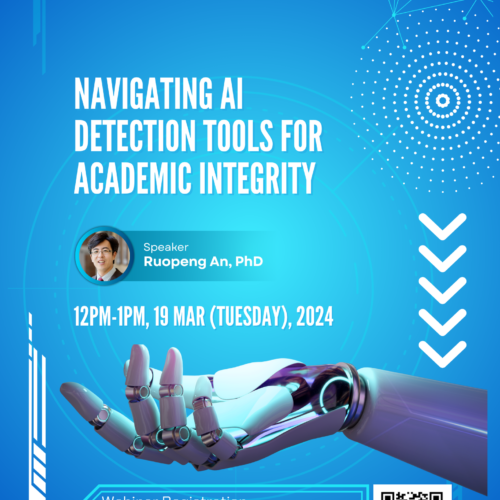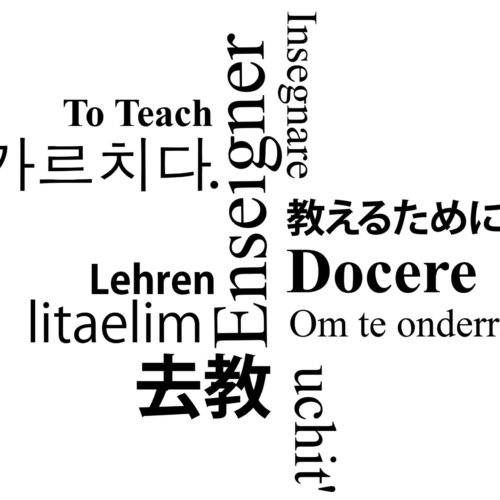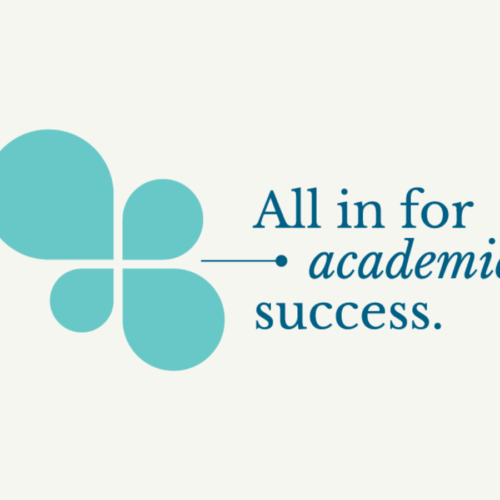Korean Language Professor Emphasizes Active Learning and Metacognition
“I tell students: ‘This is not a knowing class; it’s a doing class,’” said Mijeong Mimi Kim, Teaching Professor of Korean Language and Korean Language Coordinator in the Department of East Asian Languages and Cultures at Washington University in St. Louis. Kim has a master’s degree in linguistics from State University of New York and a doctorate degree in education from the University of San Francisco. She teaches first level, second level, and third level modern Korean courses at Washington University. Her first- and second-level classes meet five times a week to build fluency.
In an interview with The Teaching Center, Kim emphasized the importance of using active learning techniques to draw students into coursework. She also discussed the challenges faced by heritage speakers, or students who grew up around a foreign language and have some proficiency in it, if and when they decide to pursue a foreign language education.
What was your path to becoming a Korean language teacher?
I came to the States with my parents when I was 16. My father used to work for the Korean government bank. He was sent to the New York office and the family came with him. I stayed behind when my family went back and went through undergraduate and graduate school.
My initial area of study was linguistics. When it was time to continue for my doctorate, I wanted to do more practical studies with an impact on people. I love linguistics and I focused on language acquisition during my master’s, so language education was my natural path.
Before I came to Washington University, I was working on how to teach English language to second language learners. When my current position came about, I almost accidentally ran into it. It’s teaching Korean to English speakers, which seems opposite from what I was doing but it’s similar because it’s teaching language to non-native speakers. It’s been a fun ride.
What do you think attracts students to Korean language?
Contemporary Korean culture is a great attraction for a lot of young people. Korea, if you look at it, is in the center of East Asia. It is increasingly becoming a hub for culture and finance and economics. It’s a small enough but big enough place for a lot of companies to try to work there.
One thing that’s pretty significant for global companies is, in Korea they can test their products in a shorter amount of time. For that reason, I’ve had students going to Korea to study and work. Some of them have pursued their doctorate degree and got into the government sector and came back and became businesspeople or lawyers. It’s been really fun to see.
How do you use active learning in your teaching?
I tell students, ‘This is not a knowing class; it’s a doing class.’ Students are expected to do a lot of things. One thing we incorporated early on in the courses was technology. On Fridays we have lower-level class in the language lab. It’s not a typical language lab with headphones. I put up power point slides packed with tasks and practice. The students show up, download it, check their pronunciation, and then they have to interview other people to find out information and report it. They also watch clips and respond to them.
It’s my way of trying to individualize learning a little bit. Even though students get the same slides, there are options to choose from. If you’re a fast learner, you can go through them and get extra stuff. If you’re slower, you can finish it on your own and get extra help. Individualized learning is important because one thing doesn’t fit everyone.
Why do you think there are barriers in foreign language education for heritage speakers?
Students come with baggage. They feel ashamed for not speaking the language properly. If they’re good at it, they don’t get credit for it anyway because they’re supposed to know it.
Everyone in this country came from somewhere. Being a heritage speaker is an asset. It’s easier for heritage speakers to achieve high efficiency in a language than someone who is studying from a sound, so I think we need to tap into that pool. Since we have so many of those students on this campus, we need to think about helping them, especially if they want it.
What advice do you have for aspiring teachers?
The most important thing is to really observe the students. In Korean class, if a student is making a certain mistake, you have to figure out why. You have to know the students and yourself. It’s as trivial as the way you speak and the way you carry yourself. Sometimes I think I’m leading the class at the right pace, but then I find myself talking through a lot of things quickly.
Knowing the students includes how they learn and what creates a hurdle for them. Some students do great at hearing and seeing a language but they’re a terrible grammar writer. You have to address them differently. Fifty minutes per class isn’t enough time for me. I always joke that I wish I had two hours every day with students.
Over the years, especially with a diverse group of students, I’ve learned to be more patient. I’ve seen students start really slow but if they work on it, they come out pretty high in the end. It’s been really fun to see that side. You learn not to give up on students so easily.
What do you want students to take away from your classes?
I want them to seek learning outside of class and Wash U. I want them to walk away knowing that understanding different cultures is understanding yourself. I also want them to be more open-minded about different people and cultures. I know people don’t say it much anymore, but I used to hear even in grad school, ‘the primitive culture does this.’ The primitive culture does not exist.




